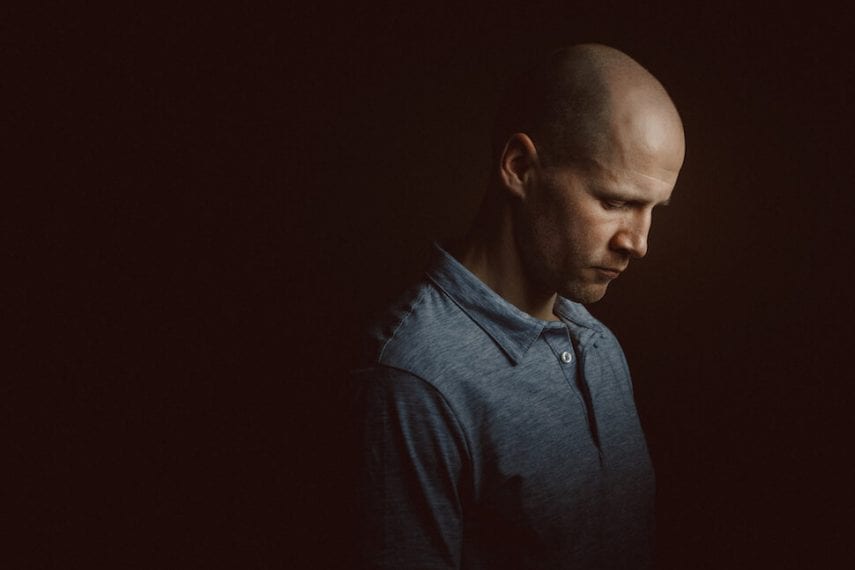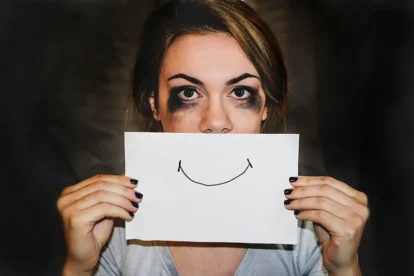3 Ways Depression Fuels Alcohol Addiction

Approximately 30 percent of people with an alcohol use disorder also struggle with depression. While each can increase the risk of the other, there are some very important reasons that major depression triggers problem drinking. The negative feelings and mood caused by depression may lead someone to drink as a form of self-medication, but alcohol worsens depression causing a cycle of drinking and depressive episodes that can lead to comorbid depression and alcohol addiction. The severity of this combination requires intensive, long-term treatment.
Depression and alcohol addiction often go together. It’s not uncommon for people who struggle with depression to turn to alcohol to self-medicate. Drinking can easily get out of hand and turn into an alcohol use disorder. This kind of problematic drinking can then worsen depression symptoms or increase the frequency of episodes. Drinking with depression can potentially become a dangerous, repeating cycle where one reinforces the other.
The good news is that this harmful situation is preventable. With good treatment for depression you don’t need to turn to drinking in an attempt to get relief. If you are already struggling with both issues, there is still hope. Treatment for both addiction and depression together can help you learn to stop drinking and manage your depressive episodes.
1. Drinking As Self-Medication for Depression
One of the most important reasons that depression puts a person at an increased risk of an alcohol use disorder is the tendency to use substances as a way to self-medicate. Self-medication refers to the practice of using any kind of substance to manage or treat symptoms or conditions that are self-diagnosed.
In other words, if you feel depressed and instead of turning to a mental health professional for treatment you drink a bottle of wine, you are self-medicating. You are using alcohol as a way to find relief from the painful feelings of depression. There are several big risks of self-medicating:
- You may be misdiagnosing yourself. Your depression could be a sign of some other condition that only a professional can diagnose.
- By self-medicating you are avoiding getting the treatment that will actually help you.
- Self-medication rarely has the desired effect.
- Alcohol actually makes depression worse.
- Perhaps most importantly, by using alcohol to manage depression you are at a serious risk of developing an addiction.
2. Co-Occurring Depression and Alcohol Use Disorder Worsen Each Other
When you feel depressed and use alcohol to self-medicate, the result is that you may feel some temporary relief but then feel worse in the long run. Waking up the next morning after drinking too much, you may have a hangover and feel physically ill. You may also feel anxious or be ashamed or embarrassed. These feelings are all catalysts for making your depression worse.
As depression symptoms worsen because of drinking, you may turn to alcohol more often. You may drink more to better drown those negative feelings. A depressive episode can lead you to drink, which in turn can lead you to drink more. Trying to stop drinking can trigger a lot of feelings you have been trying to ignore. This makes you feel worse again, and you’re likely to relapse and keep drinking. Eventually this cycle can fuel drinking that becomes more than just a habit; it can easily and quickly turn into an alcohol use disorder.
3. Depression Causes Complications That May Lead to Drinking
Major depression puts you at an increased risk for having several complications. These include things like anxiety, other mental illnesses, and physical health problems. Experiencing these complications and consequences of depression can make you feel even worse and lead you to drink or drink more heavily.
For instance, depression can cause weight gain and social isolation. Putting on weight is likely to make you feel worse about yourself, less self-confident and more self-conscious. It can add to your existing feelings of guilt, shame, and worthlessness.
Social isolation is also common and can make you feel lonely and as if you have no one to support you. Depression can also harm your relationships, putting a strain on them and leading to further isolation. Sitting home alone and feeling bad about yourself, it’s understandable that you may turn to drinking.
There are many other potential complications, especially of untreated depression, that may give you the urge to drink: poor nutrition and lack of exercise, family estrangement, lost friendships, trouble with the law, lost jobs and financial problems, self-harm, and even suicide attempts.
Begin Your Recovery Journey Today
866-922-1350Stop the Drinking-Depression Cycle With Treatment
While having depression puts you at a bigger risk for developing an alcohol use disorder, you can take action and prevent the dangerous cycle of depression and drinking. Choose a alcoholism treatment facility that is equipped to give you a thorough evaluation at intake. This is essential because it will allow the staff to uncover and diagnose all of your mental health issues, including depression and any substance use disorder.
Whether you fully meet the criteria for alcohol use disorder or not, a good residential treatment facility will include both depression and problematic drinking behaviors in your treatment plan. Comorbid treatment is important so that you can prevent or stop the cycle of depression followed by drinking.
Studies have found that patients have better results and long-term outcomes when comorbid conditions, like depression and drinking, are addressed and treated together. Research shows that when one issue is improved, the other also improves. Drinking less, for instance, helps relieve depression to some degree. If one of the conditions is not addressed in treatment, it can cause a relapse later in the symptoms of the other, starting the cycle again.
Treatment for both depression and alcohol use disorder should include a combination of various therapies appropriate for your individual needs, including medical care and psychotherapy. There are medications that can help stabilize your moods and allow you to focus on therapy sessions for managing depression in the future. Behavioral therapies are particularly helpful in learning how to recognize and change negative thought patterns and behaviors triggered by depression.
If you struggle with clinical depression you are at a greater risk of developing a substance use disorder. That depression and alcohol addiction go hand-in-hand is a fact, and yet it is not a life sentence. You can take steps to take control of your life, your drinking, and your addiction. Effective treatment, based on evidence from research, is available. A team of experienced mental health professionals can help you learn to manage depression, stop drinking, and live a better, more satisfying and healthy life.
Alta Mira offers comprehensive treatment for people struggling with drug and alcohol addiction as well as co-occurring mental health disorders and process addictions. Contact us to learn more about our renowned Bay Area programs and how we can help you or your loved one start the journey toward lasting recovery.






